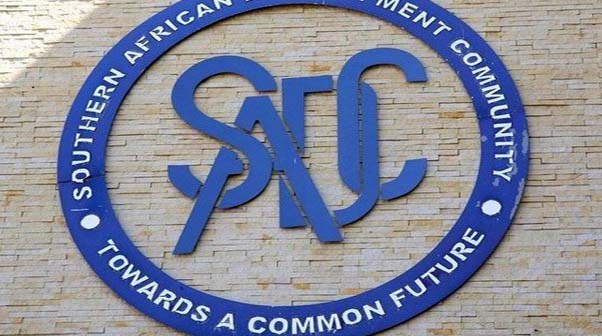
Elita Chikwati recently Gaborone, Botswana
Land reform and administration in Southern Africa is key to economic transformation and the attainment of Sustainable Development Goals.
This came out at a two-day High Level Policy Dialogue on Land Policy Reform and Social Economic Transformation in Southern Africa held in Gaborone Botswana last week.
The meeting, which was organised by the United Nations Economic Commission for Africa (UNECA) was attended by representatives from Government ministries responsible for land and agriculture, SADC, COMESA, academia and research, among others provided a platform for stakeholders to share experiences on land reform and development.
The policy dialogue was held to engage policymakers and other key stakeholders on the land reform process and proffer viable policy options and interventions that could accelerate the process of socio-economic development.
Participants were looking at ways of promoting efficient management of land for inclusive economic growth, industrialisation and socio-economic transformation to create opportunities for all citizens.
Several issues including access, ownership, utilisation and policy harmonisation were also part of the discussions.
The dialogue established that access to land was limited, but beneficiaries should derive economic benefits through effective utilisation.
Concerns were raised over correcting colonial ownership imbalances and the sale of land in Southern Africa to Asian investors.
Some participants proposed that foreigners be given short-term leases.
Lack of access and rights to land by women, youths, the elderly and people living with disabilities was a concern.
Recommendations were made to harmonise policies that promote ownership of land by marginalised groups.
The importance of land to the continent’s socio-economic development is underlined by the fact that about 60 percent of the continent’s population is rural-based and derives its livelihood and income directly from crop and livestock production.
Agriculture contributes about 15 percent of the total Gross Domestic Product hence the need to unlock land as a transformative asset.
Botswana Minister of Land Management, Water and Sanitation Service Kefentse Mzwinila said the region should benefit from the re-allocation of land through accelerated socio-economic growth and development.
He said land reform had the potential to diversify the economy, contribute to the economic empowerment and increased job opportunities for the people.
“Botswana considers land reform as a key and strategic part of our overall socio-economic transformation as we continue to accelerate economic diversification. Attainment of the United Nations SDGs particularly goal number 1 of poverty eradication and agenda 2063 hinges to a large extent on land reform and the utilisation of the land as an economic asset,” he said.
He said Botswana was addressing factors that could compromise access to land rights such as market forces, gender and poverty.
South Africa Minister of Agriculture, Land Reform and Rural Development Thoko Didiza said land reform also involved using the land as a productive asset for economic growth and transformation.
“The challenge is how to use land reform to create development. Prolonged droughts and the changing of weather patterns have posed challenges in agriculture development,” she said.
UNECA director for Southern Africa, Professor Said Adejumobi said land reform was the most important contemporary public policy discourse in the region.
“It is quite emotive, controversial, divisive and tense. Given the history of settler colonialism, the dispossession of land and the brutality that accompanied the process, it continues to evoke pain and dire consequences for the majority,” he said.
“Land in Africa is not only an economic resource, but also has social and spiritual significance. The landless in Africa are usually regarded as powerless especially in many rural communities. The agrarian nature of African societies makes land central to livelihoods, social relevance and human existence.”
Zimbabwe land expert Professor Mandivamba Rukuni said there was need to transform agriculture.
“Normally agriculture transformation leads to rural transformation and urban industrialisation. There should be mass production in Africa. We should not depend on the things we do not produce,” he said.
